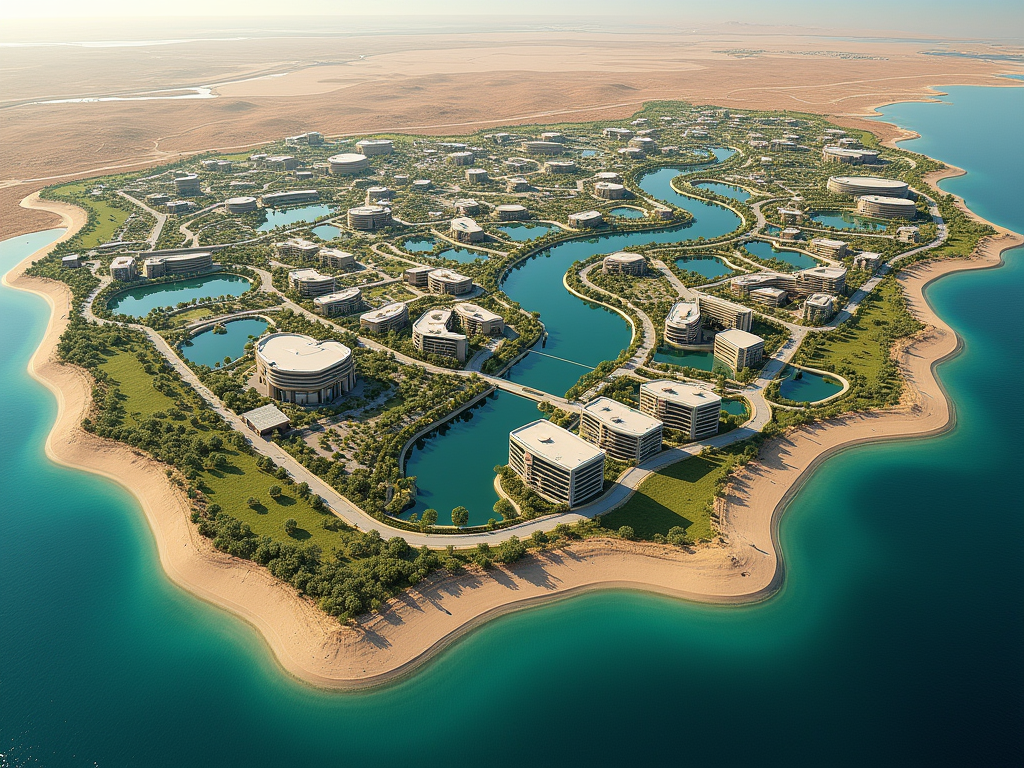
The Role of Dubai’s Corporate Tax-Free Zones for International Businesses
Dubai’s corporate tax-free zones play a pivotal role in attracting international businesses, providing them with a conducive environment to operate and thrive. These zones offer significant financial incentives, including tax exemptions and enhanced operational flexibility, which make them highly appealing to global investors. By establishing their bases in these designated areas, companies can significantly reduce their tax liabilities and reinvest their savings back into their operations, further promoting economic growth and diversification in the region. This article delves into the various advantages and strategic significance of Dubai’s corporate tax-free zones for international business operations.
Understanding Dubai’s Corporate Tax-Free Zones

Dubai boasts over 30 free zones, each tailored to specific industries and business needs, fostering a diverse range of economic activities. These zones aim to attract foreign investment by offering various benefits designed to enhance operational efficiencies. Some key features of Dubai’s corporate tax-free zones include:
- 100% foreign ownership of businesses
- Full repatriation of profits and capital
- No corporate taxes for a specified period, often extending to 50 years
- Exemption from import and export duties
- Streamlined business setup processes and regulations
By establishing a presence in these zones, international businesses can not only enjoy these financial benefits but also gain access to state-of-the-art infrastructure, logistical advantages, and a strategically located market hub that connects Europe, Asia, and Africa.
Boosting Economic Diversification

Dubai’s corporate tax-free zones are essential for the emirate’s goal of economic diversification away from oil dependency. The United Arab Emirates (UAE) has recognized the need to foster a knowledge-based economy, and these zones are crucial in that transition. By encouraging foreign businesses to operate in Dubai, the local government is attracting investment in sectors such as technology, healthcare, and renewable energy, ultimately leading to the creation of jobs and the development of local talent.
The free zones contribute to this strategy in several ways:
- Facilitating knowledge transfer with international companies
- Encouraging joint ventures and partnerships with local firms
- Creating a diverse economic landscape that attracts various sectors
As a result, the corporate tax-free zones serve not only as business hubs but also as centers for innovation and collaboration, vital for the region’s long-term sustainability and growth.
The Benefits for International Businesses
International businesses benefit significantly from operating within Dubai’s corporate tax-free zones, reaping rewards beyond mere tax incentives. The key benefits include:
- Enhanced business connectivity with global markets due to Dubai’s strategic geographical location.
- Access to a vast network of suppliers, clients, and partners within the business ecosystem.
- Opportunity to tap into a multicultural workforce, leading to higher creativity and productivity.
- Support from governmental bodies and promotional activities aimed at attracting foreign investment.
- Access to modern infrastructure and facilities that facilitate seamless business operations.
These benefits create an attractive package for international businesses, fostering a dynamic work environment conducive to growth and innovation.
Looking forward, Dubai’s corporate tax-free zones are expected to evolve and expand to meet the ever-changing needs of international businesses. With ongoing global shifts, such as digital transformation and world geopolitical dynamics, Dubai continues to enhance its policies and offerings within these zones. There is a growing focus on sectors like Artificial Intelligence, FinTech, and sustainability, which are anticipated to drive future investment flows.
The Dubai government is committed to maintaining its position as a competitive business destination by:
- Constantly reviewing and updating regulatory frameworks.
- Encouraging innovation through technology and research initiatives.
- Leveraging bilateral trade agreements to increase market connectivity.
As a result, the future of corporate tax-free zones in Dubai promises to be bright, with ample opportunities for international businesses looking to establish or expand their operations in the Middle East.
Conclusion
In summary, Dubai’s corporate tax-free zones present a strategic advantage for international businesses, offering a blend of financial incentives, operational flexibility, and a conducive business environment. With their continued evolution and adaptation to global trends, these zones are not only critical for attracting foreign investment but also play a significant role in the UAE’s economic diversification efforts. For companies seeking to capitalize on the opportunities in the Middle East, these tax-free zones remain an unparalleled option, fostering growth and enabling sustainable business practices.
Frequently Asked Questions
1. What are the primary advantages of setting up a business in a Dubai free zone?
The primary advantages include 100% foreign ownership, full capital repatriation, no corporate tax for a specified period, and streamlined regulatory processes.
2. How long can businesses benefit from tax exemptions in Dubai’s free zones?
Businesses can typically enjoy corporate tax exemptions for up to 50 years, which can be renewed thereafter.
3. Can businesses in free zones trade with the UAE market?
Yes, businesses in free zones can trade with the UAE market, but they usually require a local distributor to do so.
4. Are there restrictions on the types of businesses that can operate in free zones?
Yes, each free zone is designated for specific types of businesses or industries, so companies must choose a zone that aligns with their business activities.
5. Is it necessary to have a physical office space in a free zone?
Yes, having a physical office space is typically required to establish a business in a free zone and to comply with local regulations.

